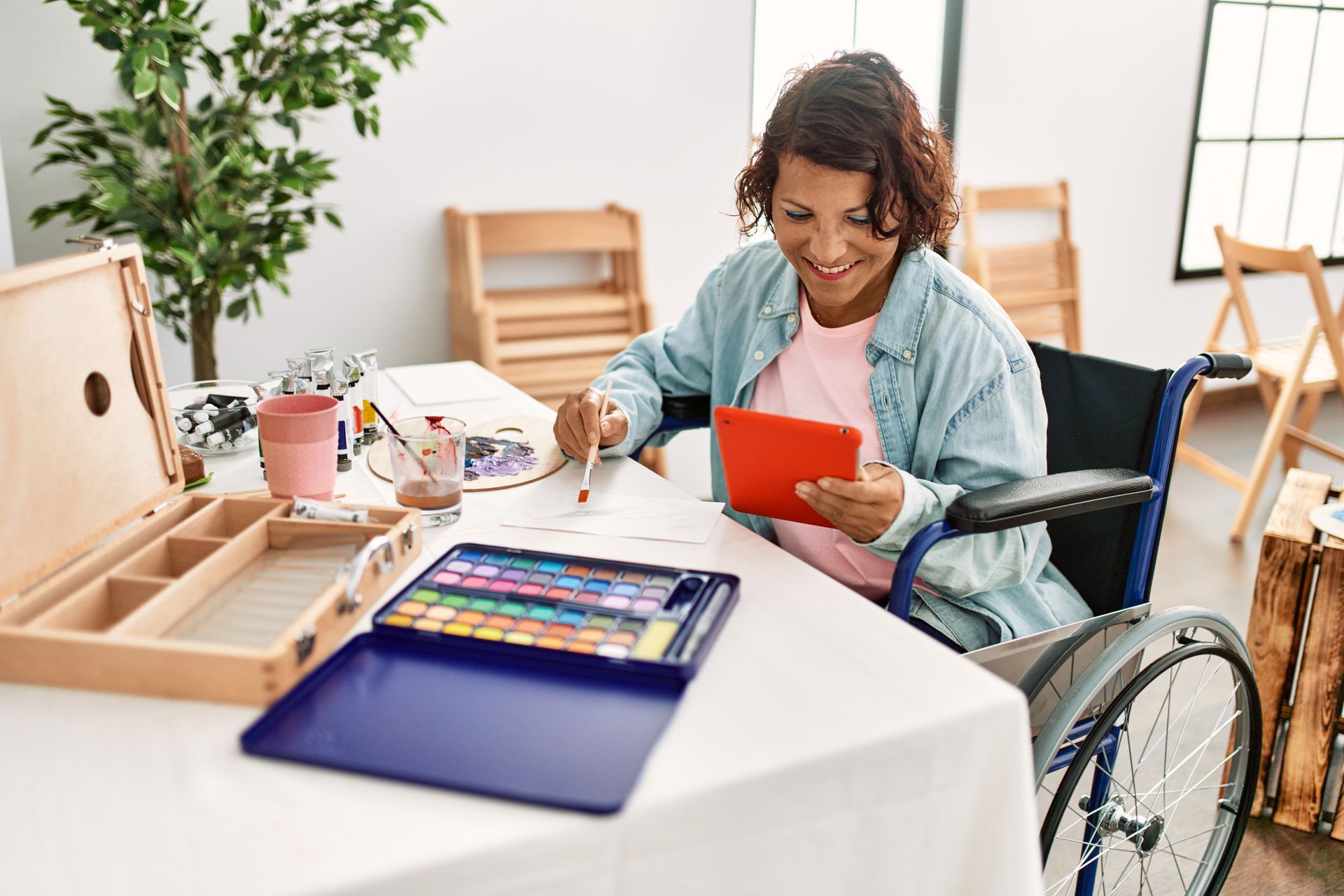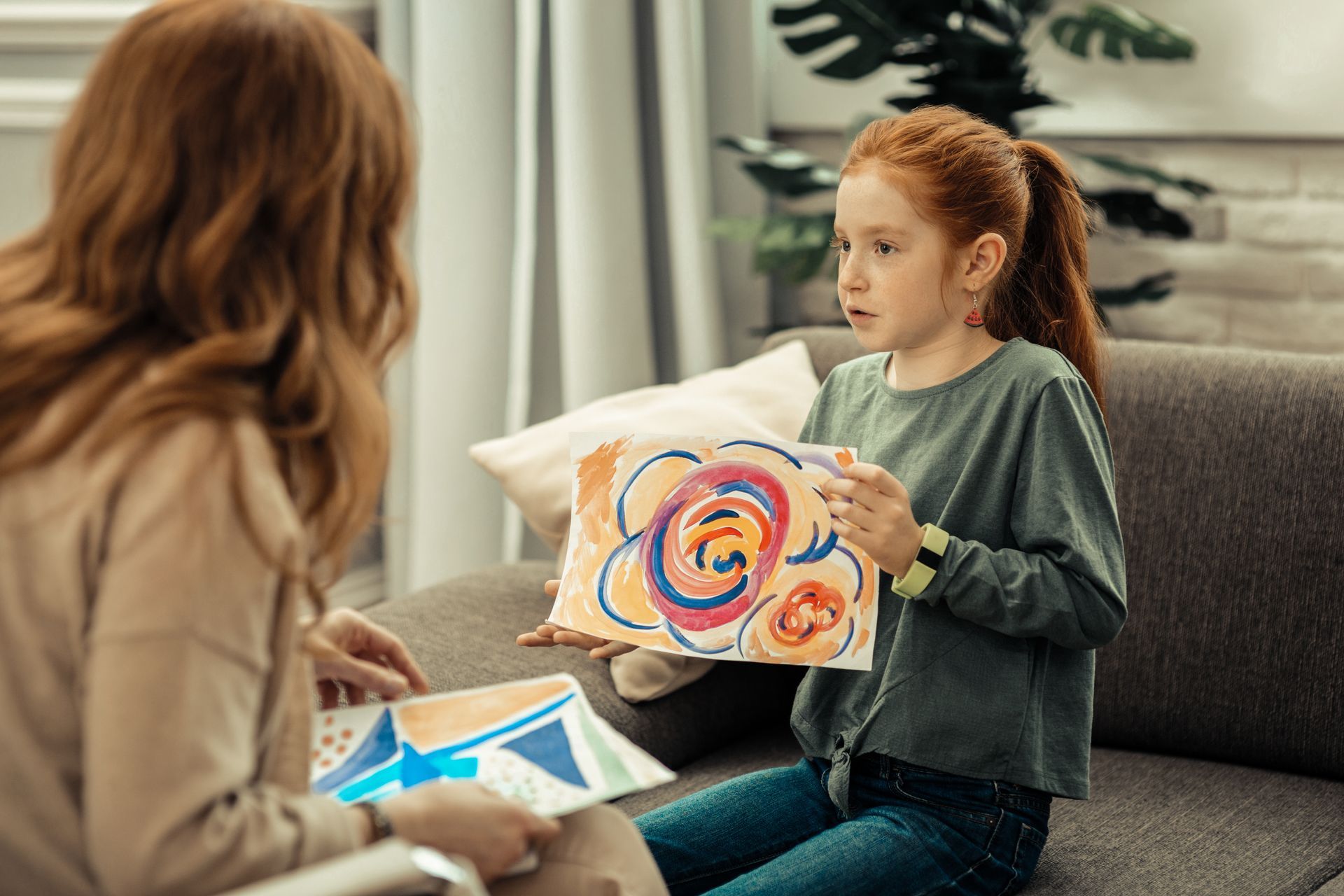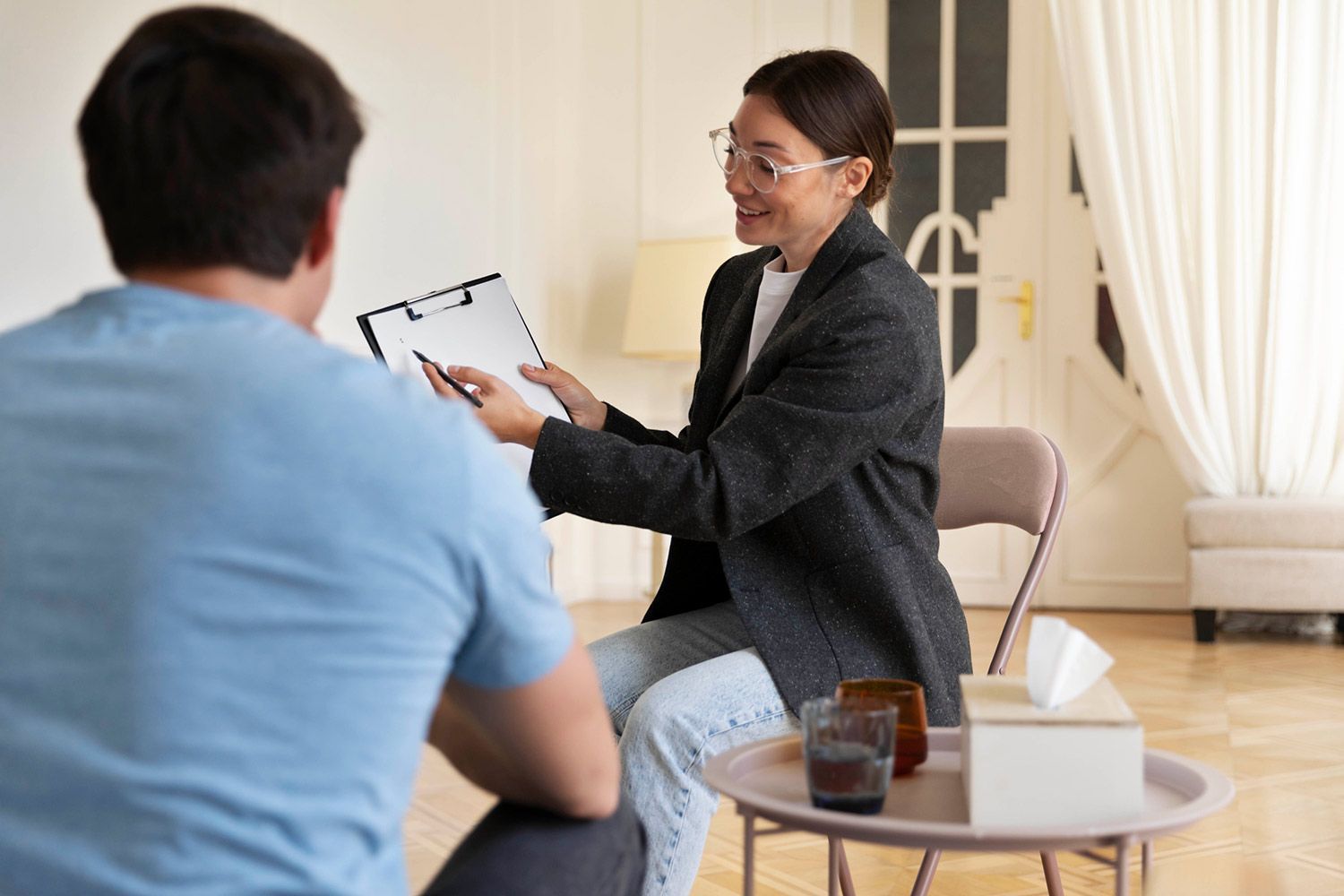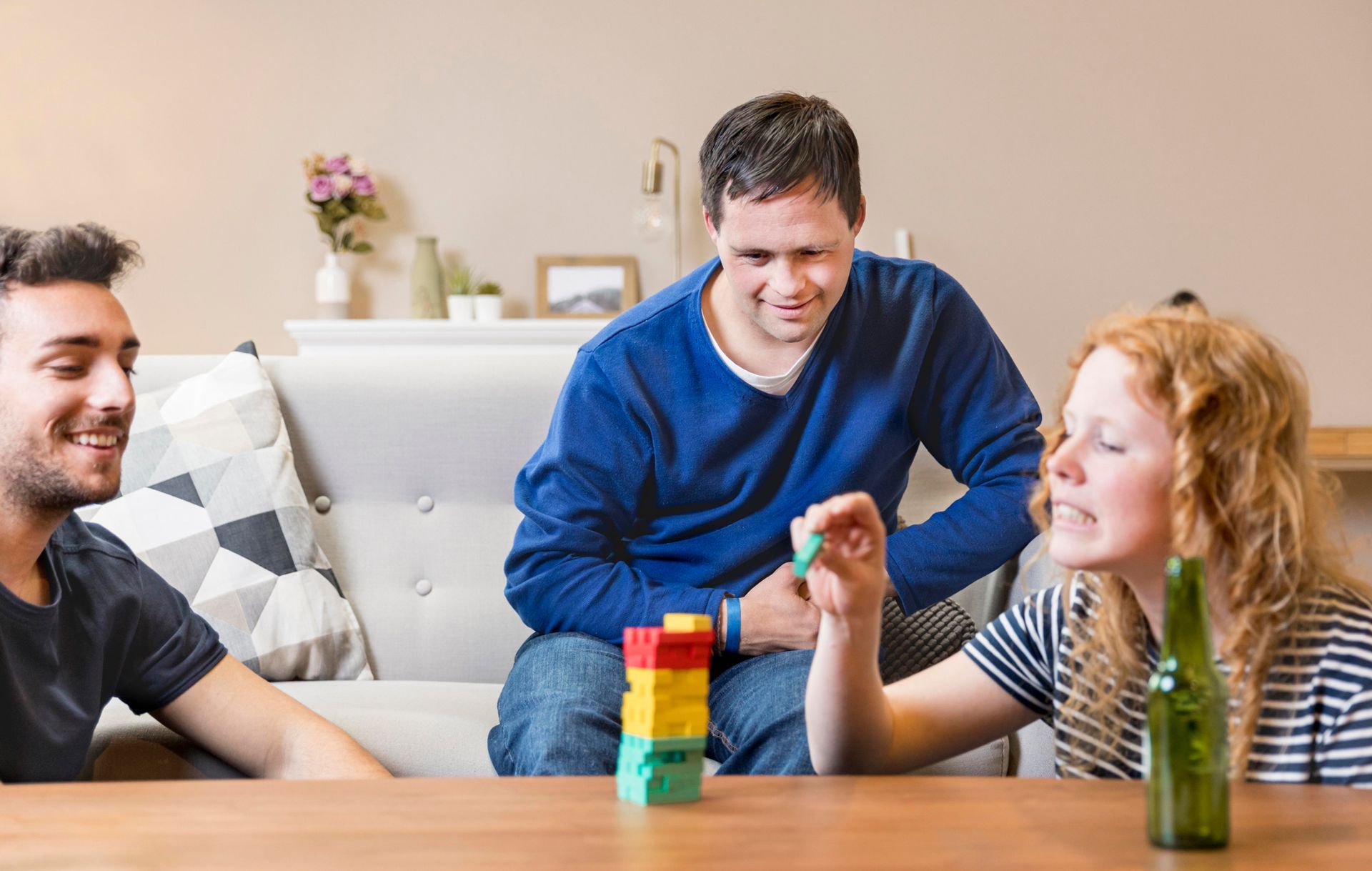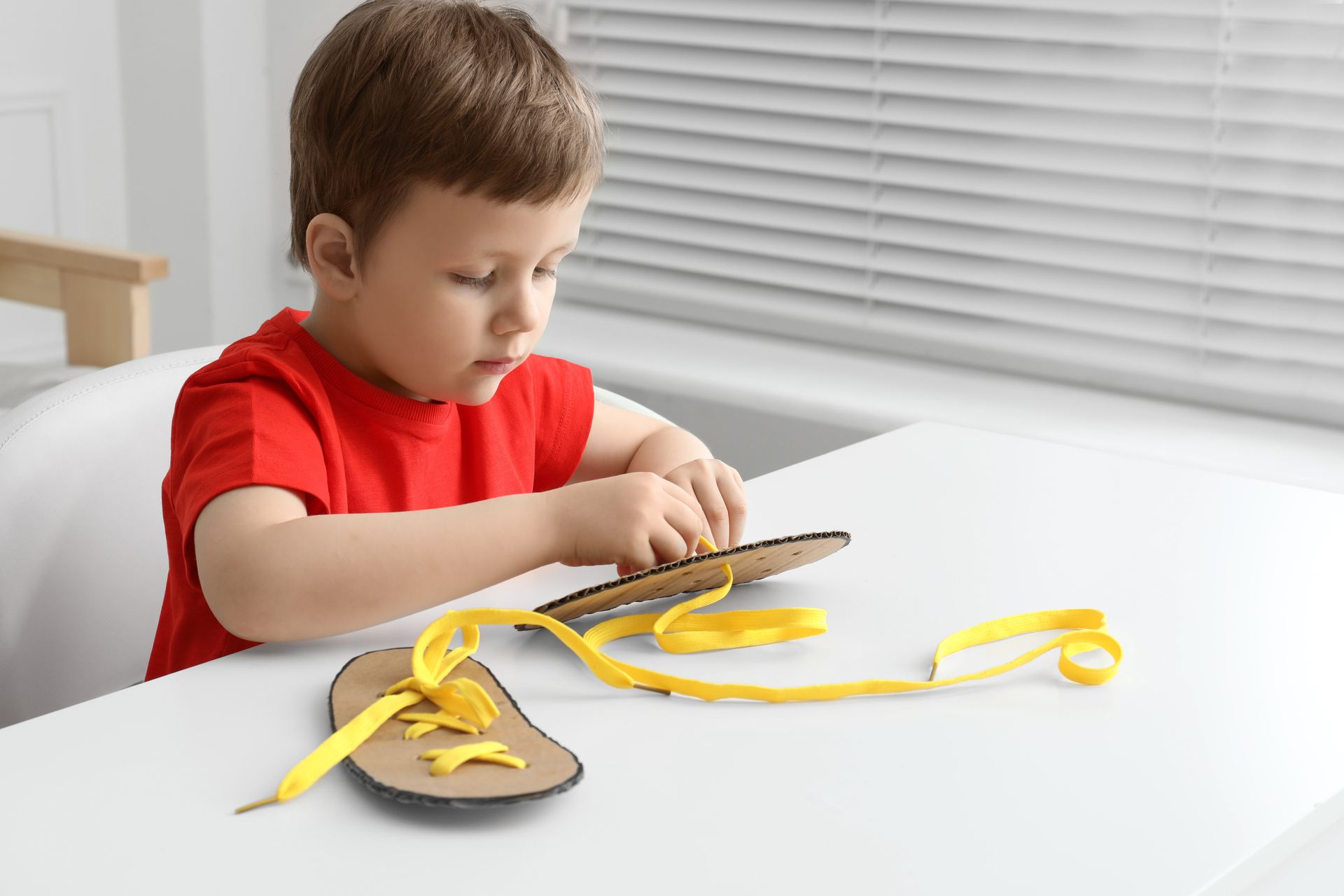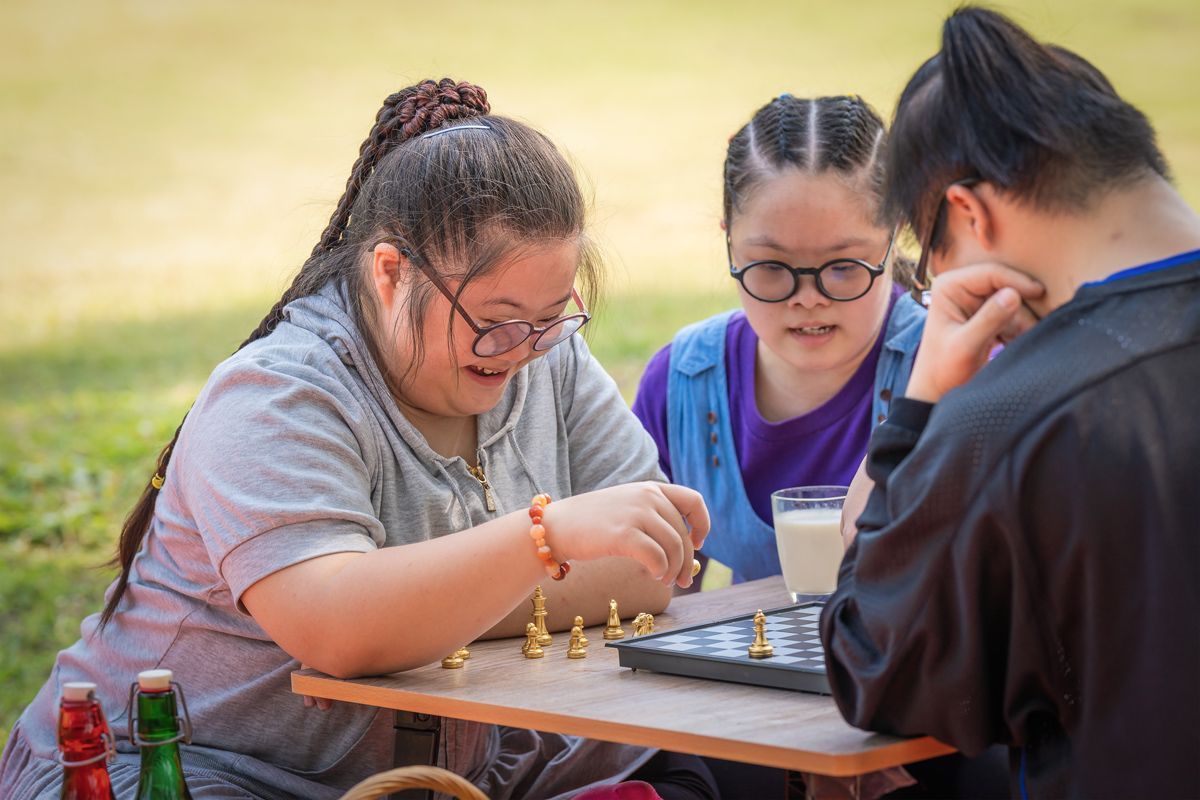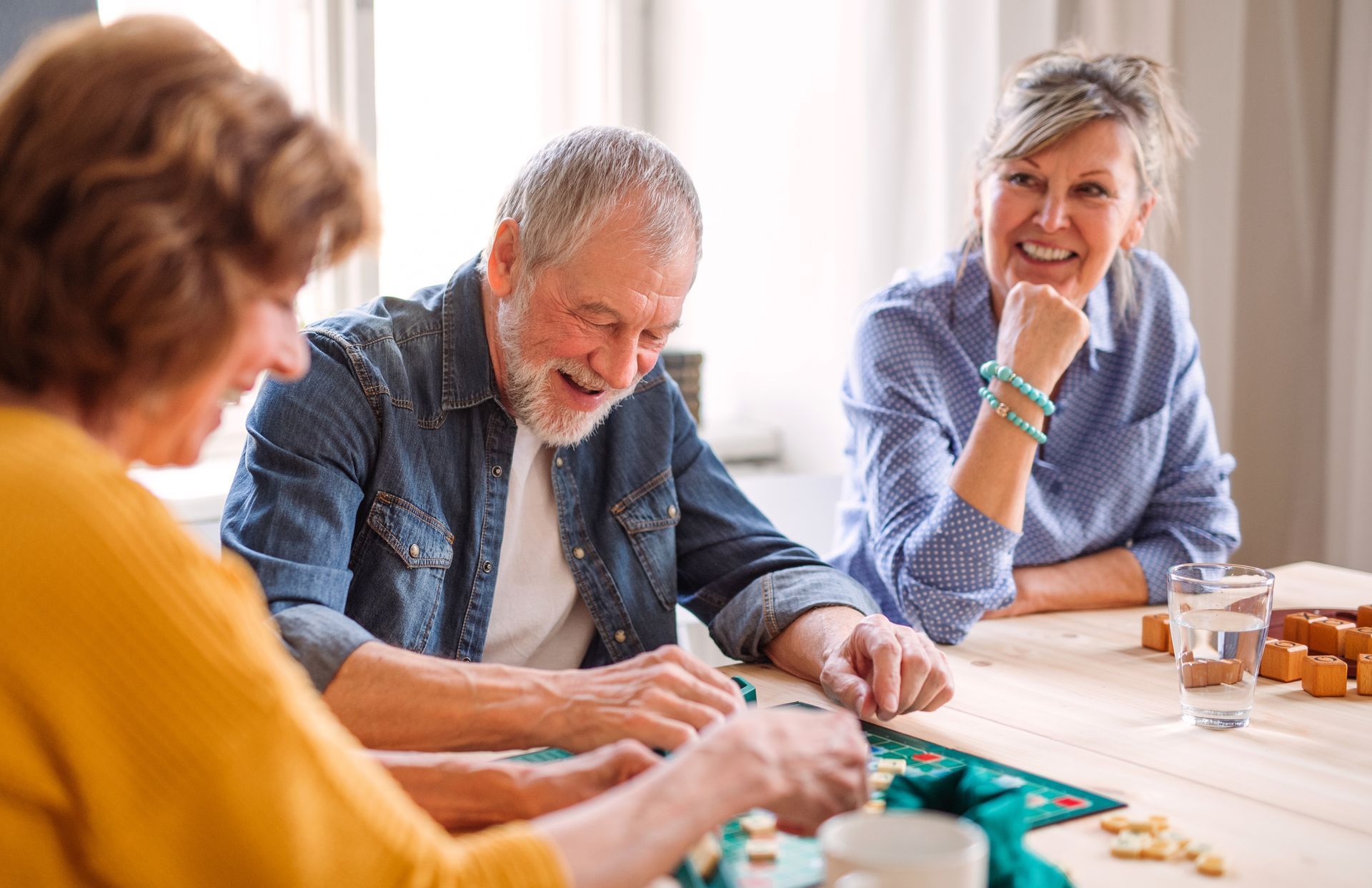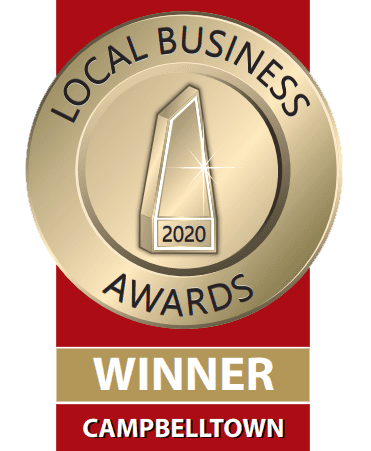News & Insights
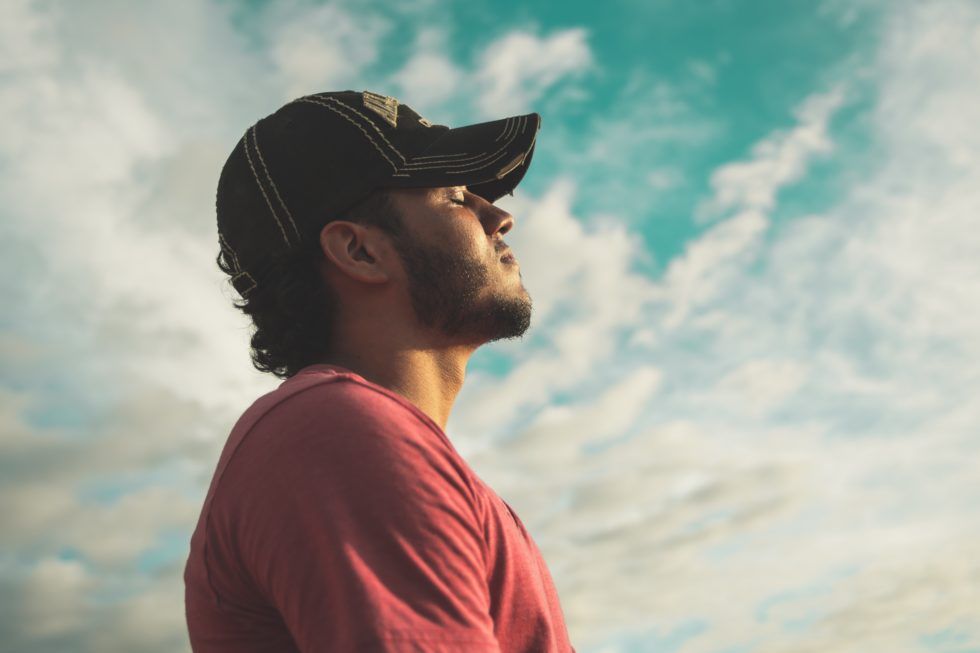
There is a lot of talk these days about mindfulness and meditation and the benefits these can bring when we incorporate these into our everyday lives. I have shared the same anxiety as many when this topic is raised, that we imagine people sitting on yoga mats in earthy linen clothes in the middle of a forest surrounded by birds in blissed-out peace with some connection to a source we could only ever dream of accessing. Perhaps you imagine the insta mums in boho pants with long flowing silken hair with one toddler on her super toned hip – thanks to her matcha teas and chia budda breakfast bowls – another two kids under 7 kids dutifully sitting on their meditation mats, whilst they all say their Ohms in perfect tune before breakfast. Maybe it’s an image of monks on a hilltop beneath a giant bell looking out over the Himalayas. Or a group of super-fit sweaty women in a room full of steam in a Hatha Yoga studio in Bondi. Oh, those are the special relaaaaaaxed people. People who can just make their minds STOP. I’ll let you in on a little secret I discovered about all this meditation and mindfulness stuff; You can do it at the sink. Yep. You can do it at the kitchen sink. For 30 seconds. You don’t even need an app. You don’t need a Yoga Mat. You don’t even need PANTS! In fact, DON’T WEAR PANTS!! Dr. Jon Kabat-Zinn, a leading researcher into mindfulness, describes mindfulness as the ability to be fully present and aware of where we are, what we are doing, while not being reactive or overwhelmed by what is going on around us – merely observing. While meditation is exploring the present moment as it is. Mindfulness Meditation is about suspending our judgement about what’s going on in the present moment and just ‘being’ within that moment with a sense of warmth and kindness towards ourselves and extended outwards towards everything else. Put simply, there is nothing fandangle about these concepts. Like any practise, it is a muscle we can exercise and build upon, starting with something as easy as standing at the kitchen sink while we do the dishes, even with the kids screaming, wearing no pants. Rather than stopping your mind, you are moving completely into your mind and becoming aware of the wonderful present moment in its entirety. And it is easily within your reach. Dr. Jon Kabat-Zinn began researching mindfulness meditation back in 1982 and has since studied over 25,000 people in his several week long retreats known as Mindfulness-Based Stress Reduction Programs. These are about learning to develop our capacity to respond to stress, pain, emotional triggers, and even chronic illness, using mindfulness-based practices. Mindfulness was never intended to be something only Yogi’s, Oprah, and people from Beverley Hills and Byron Bay could achieve. It is a practise every individual can weave into their everyday life. Simply by taking one minute here and there, then maybe two minutes, then maybe three, flexing the muscle and building as you go. By becoming mindful of your thoughts, of your moments; you can develop a healthier quality of life and improve your mental, spiritual and physical health. I love this quote from the Los Angeles Times when Dr. Jon did a 2010 interview about mindfulness and meditation because it hits the whole unachievable /unattainable / grey-area / so not me / voodoo thing on the head. “Mindfulness, the heart of Buddhist meditation, is at the core of being able to live life as if it really matters. It has nothing to do with Buddhism. It has to do with freedom. Mindfulness is so powerful that the fact that it comes out of Buddhism is irrelevant. It’s about people waking up, not being confined by any belief system. Awareness is bigger than a belief system.” October 2nd, 2010. Naomi Morris, Special to L.A Times. Source: https://www.latimes.com/archives/la-xpm-2010-oct-02-la-me-1002-beliefs-meditation-20101002-story.html Now let’s demystify this mystical mindful meditation thing and get back to the kitchen sink. Feel free to wear or not wear pants. You’re washing some dishes. Let’s say it’s a big pot, because these days the only thing we are going to wash in the sink are the things that don’t go or can’t fit in the dishwasher. Become aware of your feet nice and flat on the ground facing the sink. Your hips are nice and square, facing the sink, back straight, shoulders loose. You pick up the sponge and squeeze out the water, taking a long deep breath in and while you do, just listen to the sound of your breath coming in while looking at the sponge in one hand and the pot in the other. And you notice the pot, notice it’s colour, the shape, it’s texture. You notice the colour of the water around the pot, notice if there are bubbles, notice the temperature of the water. Is it hot? Notice the texture of the water. Are there bits floating around in the water? Now notice how you feel right about now while you notice the water and its texture with your hands in the dirty water? Did your emotions change as the words ‘dirty water’ came to mind? Now notice your thoughts, without judging them. What were you thinking right about then as you thought the words ‘dirty water’? Even as you are reading this sentence. If you sit with the feeling – without becoming the feeling – that comes with noticing those two words, quite amazing insights can come from them. This is where mindfulness becomes interesting. For example; dirty water for me, when I began to explore mindfulness using this very same practise about a decade ago, huge feelings of inadequacy surfaced just from washing the dishes mindfully. Starting with the dirty water. I ‘realised’ I was a shit parent. How? I caught these sentences floating past my mind once I became still as I washed the pot mindfully. ‘I didn’t teach my kids to scrape their plates off well enough so I must suck at parenting’ And – ‘Here I am by myself as usual washing up alone, kids in bed, Scott’s away. I have no-one’ And many more self-sabotaging statements that I would let chase across my mind after a long day to reinforce life as it was back in those days as the wife of an international miner and working/studying mother to three little boys. The more I practised this exercise, washing the dishes each night, the more I unpacked from an observer’s point of view and realised I actually wasn’t a ‘shit’ parent, but that I had a subconscious monologue going on that I wasn’t even aware of consciously until I began practising mindfulness. We catch ourselves running the ‘monkey mind’ as they call it in Yoga where we stand at the sink and think and think and think and then go ‘Wait a minute, there’s a feeling behind this and a value that I’m imposing upon myself that maybe isn’t fair or warranted’. Back to that pot, scrub the pot. Smooth your sponge over the surface. Notice how it feels to clean the surface. Notice how you are sensing with your fingertips, feeling the cleaning of the pot. Notice the smells and the sounds of the scraping. Take in all the sensations as if you had never washed a pot before in your life. Notice if you have spilled any water. Then move back to your mind and again notice your thoughts. Breathe in, listen to your breath, breathe out and hear your breath. You have just practised mindfulness. Well Done! This exercise is purely about being in the present moment. Becoming aware of exactly what you are doing, feeling, expressing, experiencing, right in the now. While it seems very simplistic in this little blog, I can tell you from experience, the benefits are absolutely mind blowing once you begin to incorporate mindfulness and meditation into your daily life as an ongoing practise. And the best thing about it is you never need to spend money on it for it to have earth shattering positive consequences to your overall health and wellbeing. This is one very simple technique and the one I started with, from a blog I read decades ago. I’ll be sharing tonnes more here with you all and running heaps of demonstrations online and at the wellness centres across the states that you can try at home. I want to demystify all the Boogey Woogie around this stuff because it doesn’t have to be expensive or transcendental for it to be life changing or to have an impact on your life. You can do meditation and mindfulness and yoga retreats and they are incredible as well, but you can also do all of this at the sink, in the car, on the beach, on the loo. Anywhere, Anytime! There is a wonderful documentary called ‘The Power of the Heart’, with a very touching story where a group goes into meditation/prayer under extreme circumstances, to become deep in the present moment to survive. It is not about religion, far from it. Rather about becoming deeply connected to being present in the now. It’s quite powerful. There is something incredibly beautiful to exploring the immediate present the more you practise it. I am excited about bringing these lessons and sharing our explorations with you all. Let me fill you in on some of the science of mindfulness that I’ve been discovering. There are enormous amounts of research going into the benefits of mindfulness and meditation thanks to its growing popularity with superstars. Unfortunately, the glamour and insta popularity is what makes it all seem unachievable for the rest of us. The bare facts are that it is good for us and it is achievable. Here are just a few sciencey bites to chew on. Anxiety and Depression A review of nine clinical trials published in JAMA Psychiatry found mindfulness-based practises when included in treatments for patients with clinical depression reduced the rates of relapse for up to 60 weeks. The reductions in relapse were regardless of sex, age, education, or relationship status. Addiction Mindfulness and Meditation interventions were shown to help decrease cravings and substance misuse according to a review of several meta-analyses of 34 randomized controlled trials. Mindfulness and Meditation can be particularly helpful in increasing people’s awareness of their experiences of triggers that cause relapses such as anxiety, despair, anger, stress and loneliness. Negative Attitudes and Harassment/Bullying Mindfulness can increase people’s awareness of their underlying thoughts and reduce negative attitudes or biases that might be going on such as a sense of low self-esteem or a fear of being rejected in a social situation. Immune Functions Meditators who went on an 8-week mindfulness meditation training program increased their flu antibodies as if they had just received a flu vaccine in a randomized controlled study by Richard A. Davidson and Jon Kabat-Zinn published in Psychosomatic Medicine, 2017. Facilitation of Recovery Mindfulness can not only help you deal with a chronic or potentially terminal illness or life-threatening event, but it can also help you move on from it. A study of MBSR in Chinese breast cancer survivors provided evidence that mindfulness can enhance post-traumatic growth and decrease stress and anxiety in cancer patients (Zhang, Zhou, Feng, Fan, Zeng, & Wei, 2017). Another study of young breast cancer survivors showed that women who practiced mindfulness were more likely to experience increased self-kindness, decreased rumination, and decreased stress (Boyle, Stanton, Ganz, Crespi, & Bower, 2017). Mindfulness, yoga, and meditation have also been found to decrease anxiety and facilitate post-traumatic growth in breast cancer survivors, in addition to increasing vigour and spirituality Improved Sleep NCCIH Funded a study of 45 adults with chronic insomnia and found that mindfulness-based training successfully improved overall quality of sleep and aided the ability of all participants to successfully fall asleep. Creativity/Innovation Researchers analysed 33 published articles with 1,549 participants discovered mindfulness-based interventions focusing on open-monitoring can boost creative capabilities. Improved Cognition In a 2010 study published in Consciousness and Cognition Journal, researchers assigned 24 people in the intervention group. They received four sessions of mindfulness meditation training. The control had 25 people, and this group listened to an audiobook. Results showed that both the mindfulness meditation training group and the control group showed improved mood, but only meditation training reduced fatigue and anxiety and increased mindfulness. Moreover, brief mindfulness training significantly improved visuospatial processing, working memory and executive functioning. Researchers concluded, “Our findings suggest that four days of meditation training can enhance the ability to sustain attention; benefits that have previously been reported with long-term meditators.” There are so many more benefits, I could ramble for years. And I will!! But not today. Stay tuned for my next blog on the benefits of meditations and our ice baths!!! We will be wetting our toes in the chilly waters of our new installations at the wellness centre with cryotherapy, ready for the new retreat’s rollout. So many great things in store. I’m looking forward to the coming adventures with you all. Don’t forget to visit us at the new Wellness Centre in Wollongong and keep your eyes out for the opening of Kiama and Goulburn too. For all the new activities and events happening visit our socials and events pages. Have A Magnificent Day! Kell Baer, R. A. (Ed.). (2006). Mindfulness-based treatment approaches: Clinician’s guide to evidence base and applications. San Diego, CA: Elsevier Academic Press. Didonna, F. (Ed.). (2009). Clinical Handbook of Mindfulness. New York: Springer. Germer, C. K., Siegel, R. D., & Fulton, P. R. (Eds.). (2005). Mindfulness and psychotherapy. New York: Guilford Press. Gunuratana, B. H. (2002). Mindfulness in Plain English. Somerville, MA: Wisdom Publications. Hayes, S. C., Follette, V. M., & Linehan, M. M. (Eds.). (2004). Mindfulness and acceptance: Expanding the cognitive-behavioral tradition. New York: Guilford Press. Kabat-Zinn, J. (1994). Wherever you go there you are. New York: Hyperion. Kabat-Zinn, J. (2005). Full catastrophe living: Using the wisdom of your body and mind to face stress, pain, and illness: Fifteenth anniversary edition. New York: Bantam Dell. Orsillo, S. M., & Roemer, L. (Eds.). (2005). Acceptance and mindfulness-based approaches to anxiety: Conceptualization and treatment. New York: Springer Science. Roemer, L., & Orsillo, S. M. (2009). Mindfulness- and acceptance-based behavioral therapies in practice. New York: Guilford Press.

Alive4Life Disability Services is excited to announce the opening of our new wellness centre nestled in the centre of Wollongong City. The location is walking distance to public transport the major shopping centre, parks and of course beaches! To celebrate the grand opening in early February we will be holding competitions, raffles and other exciting initiatives to engage with out clients, staff and the wollongong community. Interested in our Wollongong services? – Get in touch







